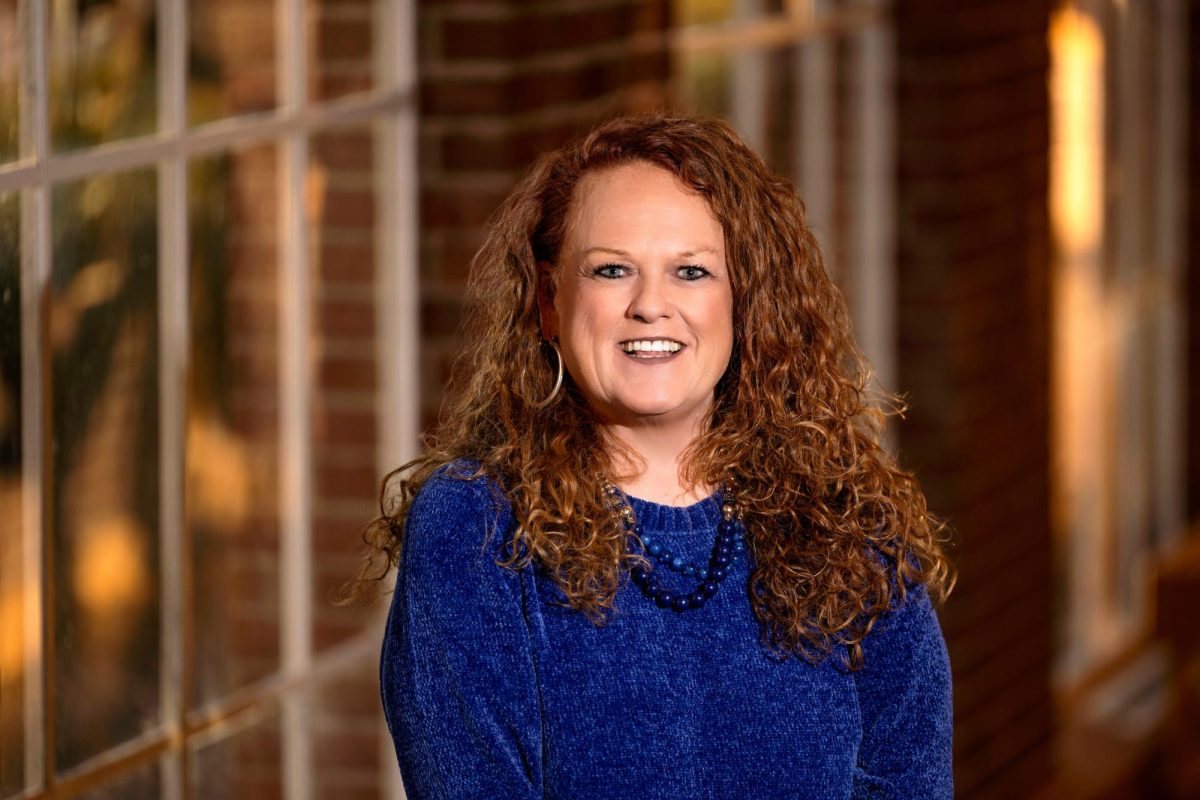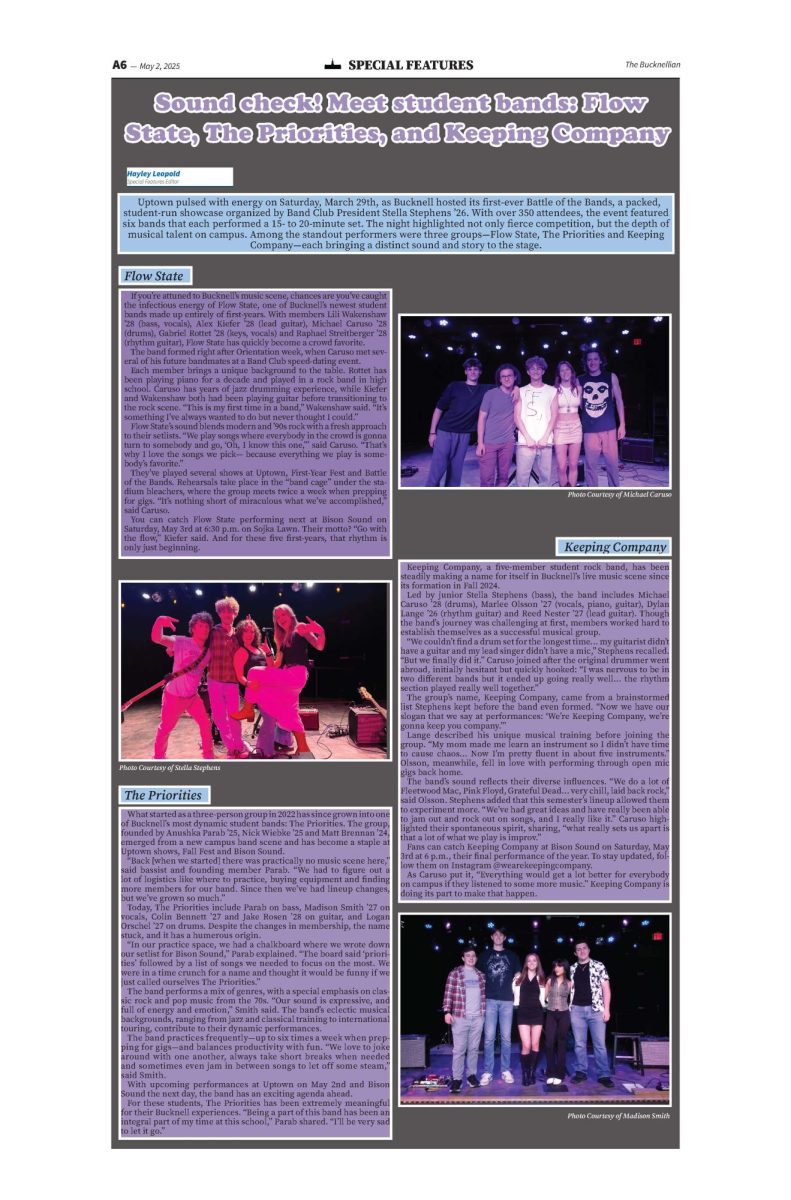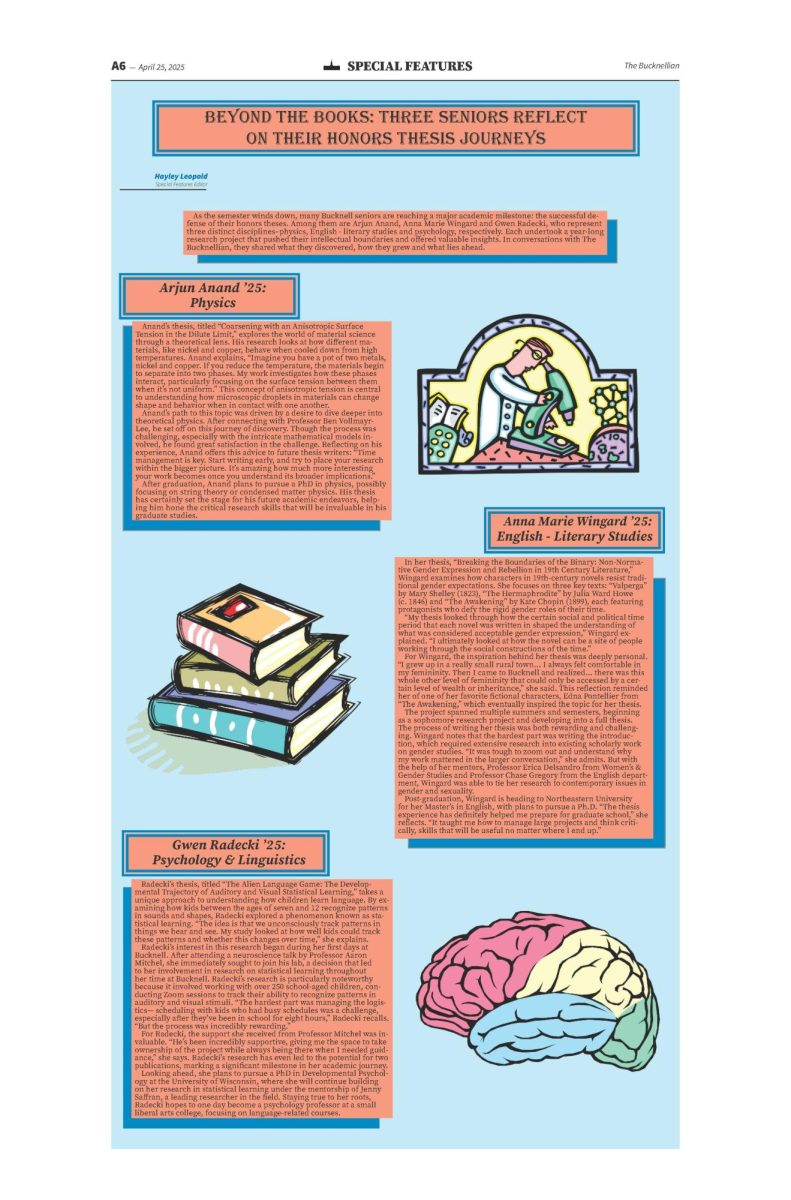“Universities,” Robin D.G. Kelley writes in “Black Study, Black Struggle,” “will never be engines of social transformation. Such a task is the work of political education and activism.”
I first encountered this quote in my freshman year, during my fall semester “Introduction to Critical Black Studies” course. That line unsettled me then, and it still does— not because it lacks hope, but because it is bracingly honest. Kelley’s words subverted much of what I had been taught to believe about schools and universities as social institutions and what my relationship with them ‘ought’ to be as a student: an individuated change-maker who could ascend through the ranks and work within the institution to make it better. I typified this ideal as a high schooler, actively participating in student government and even serving on my district’s board of education. Those early experiences culminated and eventually made me a competitive candidate for the Posse Foundation’s scholarship program, which prides itself on identifying, recruiting and training “individuals with extraordinary leadership potential.”
As a freshman at Bucknell, I carried this mindset with me: that my role as a student, especially as a Posse Scholar, was to prove that I could be a force for change within the institution. Eager to do ‘my part,’ I emailed President John Bravman in October 2021 with a request to learn more about Bucknell’s administrative workings and “how I could lend myself to ensuring that Bucknell continues to center and uplift the experiences of students.” I met with him shortly thereafter. The following semester, I was selected to serve as Undergraduate Executive Intern for the Office of the Provost.
Simultaneously, a number of timely encounters subtly molded my perspective, pushing me to question how, where and why I was showing up on campus. Marcus Scales (Director of Multicultural Student Services), Dr. Ponnuswami (my Foundation Seminar professor) and Dr. Saucier (my Introduction to Critical Black Studies professor) were some of the first people to challenge first-year me to adjust my horizons. Organizations like the Bucknell University Democratic Socialists introduced me to the possibilities of student organizing, grounding what seemed like abstract commitments in real, collective action.
In hindsight, these formative experiences clarified that real transformative work would never come from the institution itself, but from the spaces carved out in spite of it: hasty exchanges in between classes; impromptu convenings on couches, in offices and in stairwells; and heated debriefs after milestone ruptures on campus and within the broader world. In Marcus’ office. In “Myths of Multiculturalism.” In “Colonial Entanglements.” In the Social Justice Residential College. In the Ella Baker-Kwame Ture Prison Study Group. In protests around campus. In strategy sessions in Hildreth. In Zoom meetings because it’s pouring outside and no one wants to walk to the ELC. In BLISS film screenings. In Black Student Union meetings within Black Student Union meetings… and so on.
To be sure, I leave Bucknell with no illusions about this place — and you shouldn’t either. But I also leave with a well of gratitude for the people who taught me how to steal time, to imagine otherwise and to find others who are also searching for more than what the institution can give. So, as you navigate this space—whether you’re an incoming first-year or current student—remember that real transformation happens in the margins, in the moments we carve out together.
Peace.
























